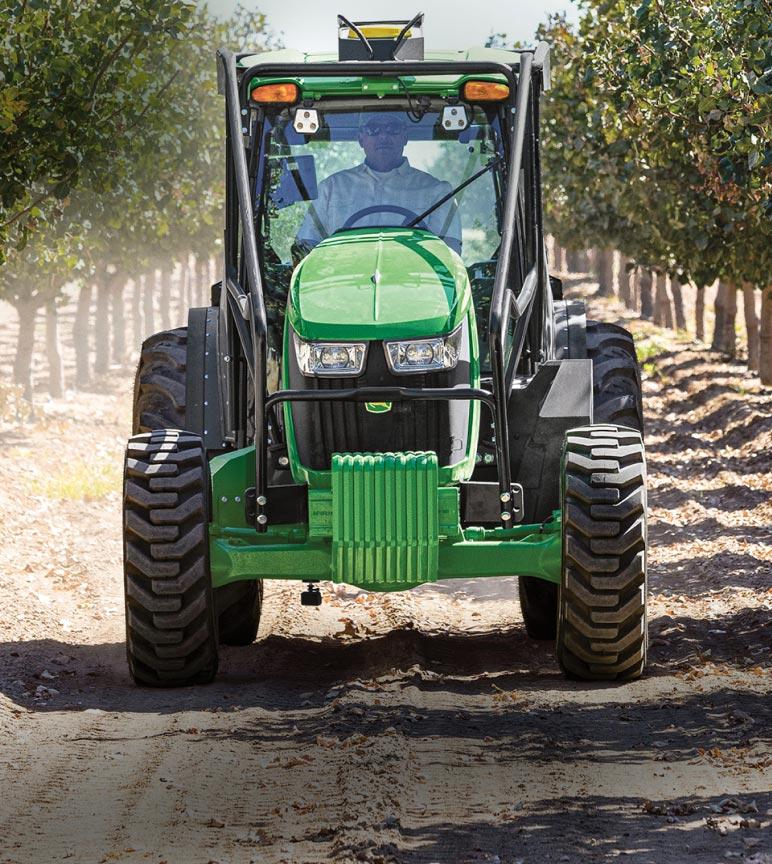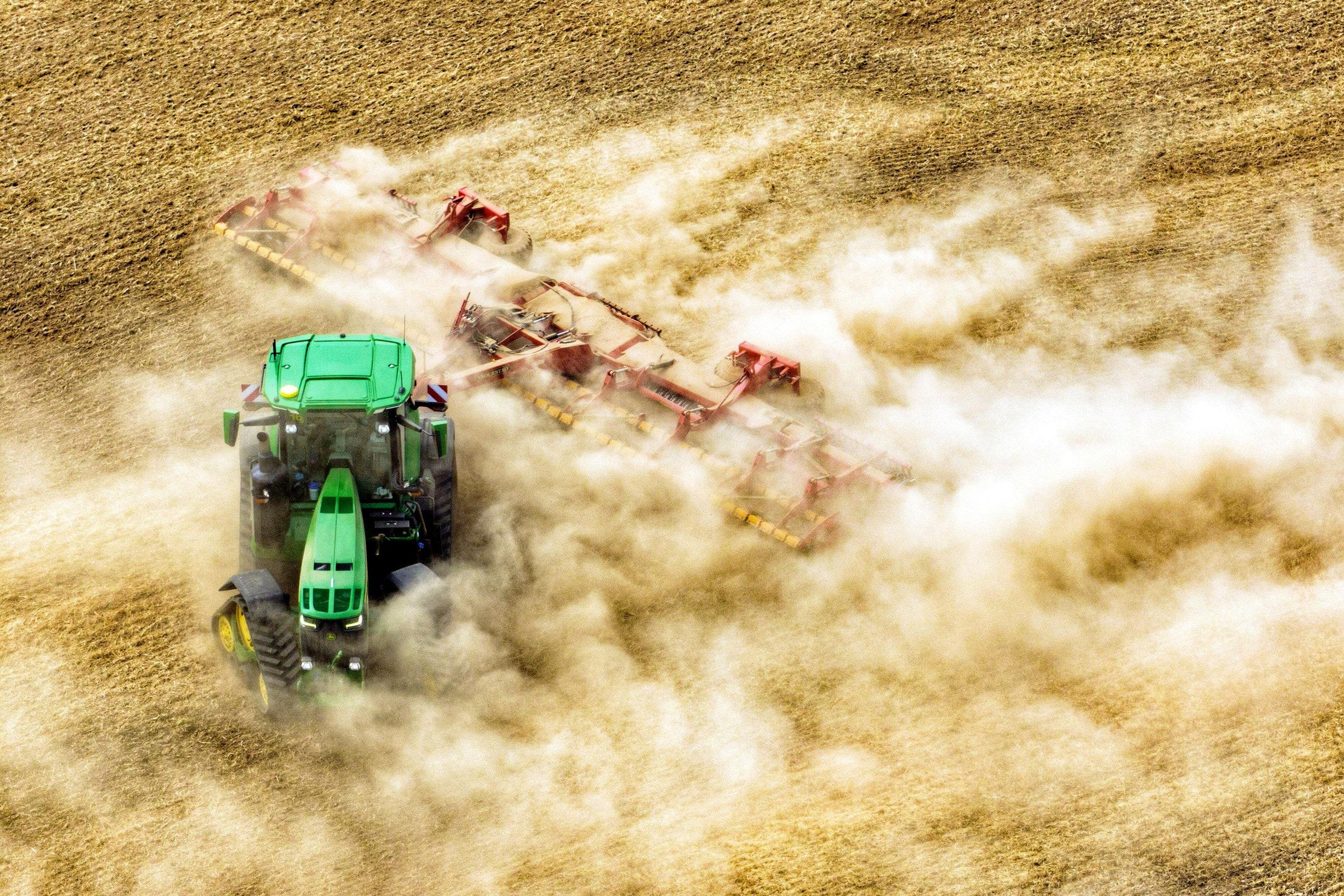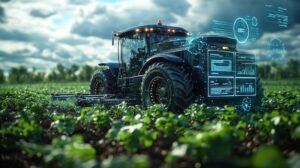In a significant shift from its longstanding policy, agricultural equipment manufacturer John Deere has announced that farmers and independent repair shops will now have access to the diagnostic tools, manuals, and parts needed to repair their tractors. This decision marks the end of a controversial practice that required owners to use only authorized dealers for repairs, addressing years of criticism from the right-to-repair movement and concerns about farmers’ autonomy over their equipment. In a groundbreaking shift within the agricultural industry, the world’s leading manufacturer of farming equipment has finally conceded to mounting pressure from farmers and right-to-repair advocates. The company has announced a significant policy change that will grant farmers and independent repair shops access to essential diagnostic software, manuals, and parts previously restricted to authorized dealers.
This decision marks a substantial departure from the company’s long-standing practice of maintaining tight control over repair services. Farmers will now have the ability to purchase diagnostic tools directly and access necessary documentation to perform repairs on their machinery without requiring dealer intervention.
The new policy encompasses comprehensive access to embedded software, specialized repair tools, and detailed technical information. This includes the Customer Service ADVISOR, a diagnostic software platform that enables users to identify and resolve technical issues. Additionally, farmers will receive training resources and documentation to ensure safe and effective repairs.
The change comes after years of criticism from farming communities and consumer advocacy groups who argued that restricted repair access led to increased downtime and unnecessary expenses. Modern agricultural equipment relies heavily on sophisticated computer systems and software, making independent repairs nearly impossible without proper diagnostic tools and technical information.
Under the new framework, equipment owners can now legally modify embedded software for repair purposes, a practice previously considered a violation of the Digital Millennium Copyright Act. This modification allows farmers to address software-related issues that often cause equipment malfunction or shutdown.
The company has established a dedicated online portal where owners can access repair resources, purchase parts, and download necessary software updates. This platform will serve as a centralized hub for technical documentation, training materials, and diagnostic tools, ensuring equal access for all equipment owners.
Implementation of this policy includes safeguards to protect both farmers and equipment integrity. While providing comprehensive repair rights, certain restrictions remain in place regarding modifications that could impact equipment safety, emissions controls, or regulatory compliance.
The decision reflects a broader industry trend toward more open repair policies, influenced by growing consumer rights movements and regulatory pressure. Several states have been considering right-to-repair legislation, and this voluntary policy change may influence similar actions across the agricultural equipment sector.
Financial implications for farmers are expected to be significant, with potential savings on repair costs and reduced equipment downtime. Independent repair shops will also benefit from new business opportunities, creating a more competitive market for agricultural equipment maintenance services.
This policy shift represents a crucial step toward modernizing agricultural equipment maintenance practices while acknowledging farmers’ rights to maintain their essential tools of trade. The change aligns with evolving consumer expectations and technological realities in modern farming operations.



